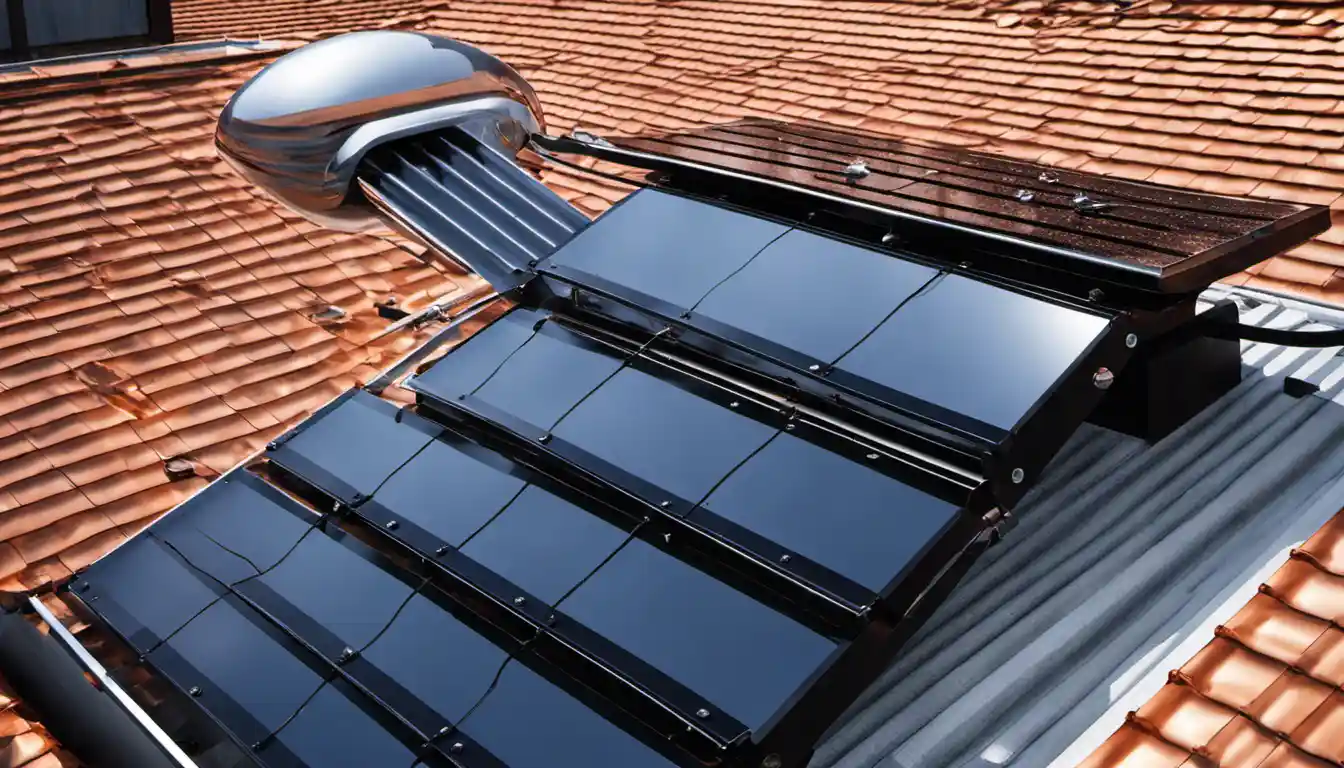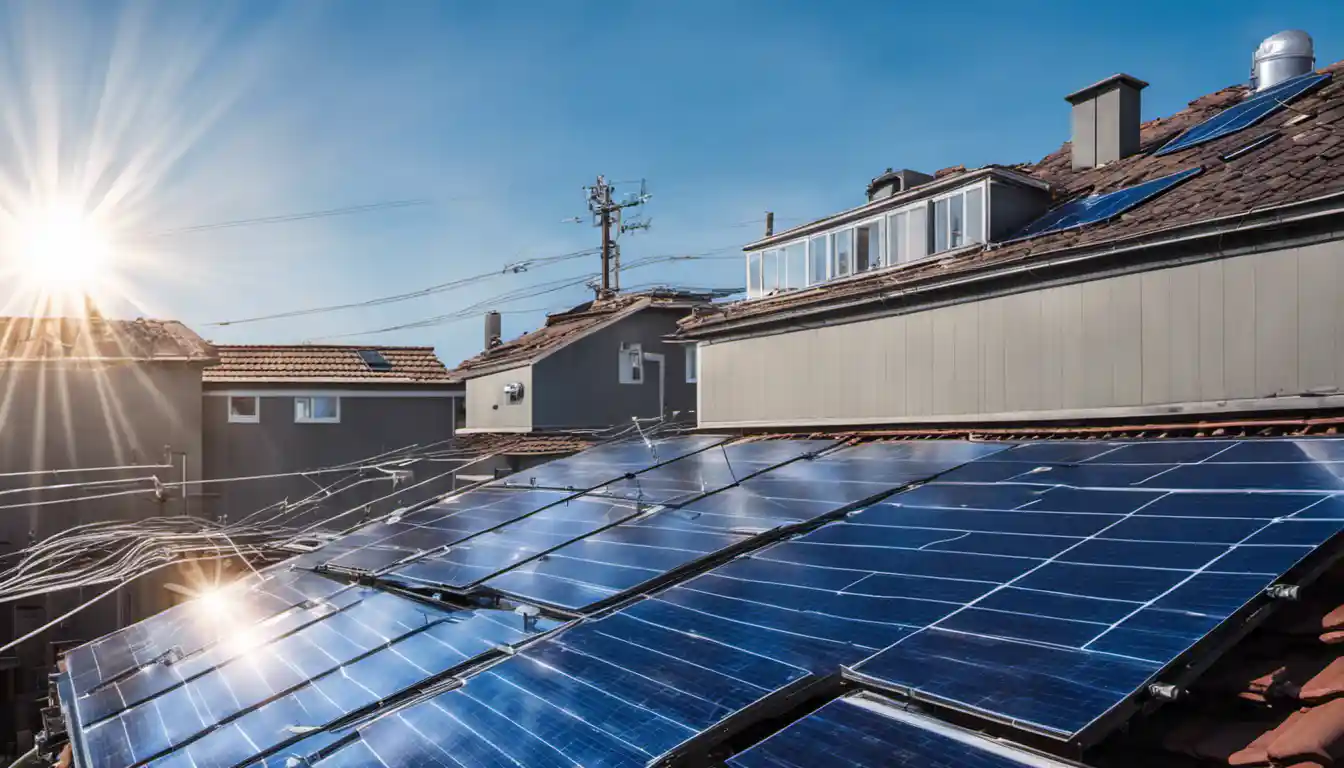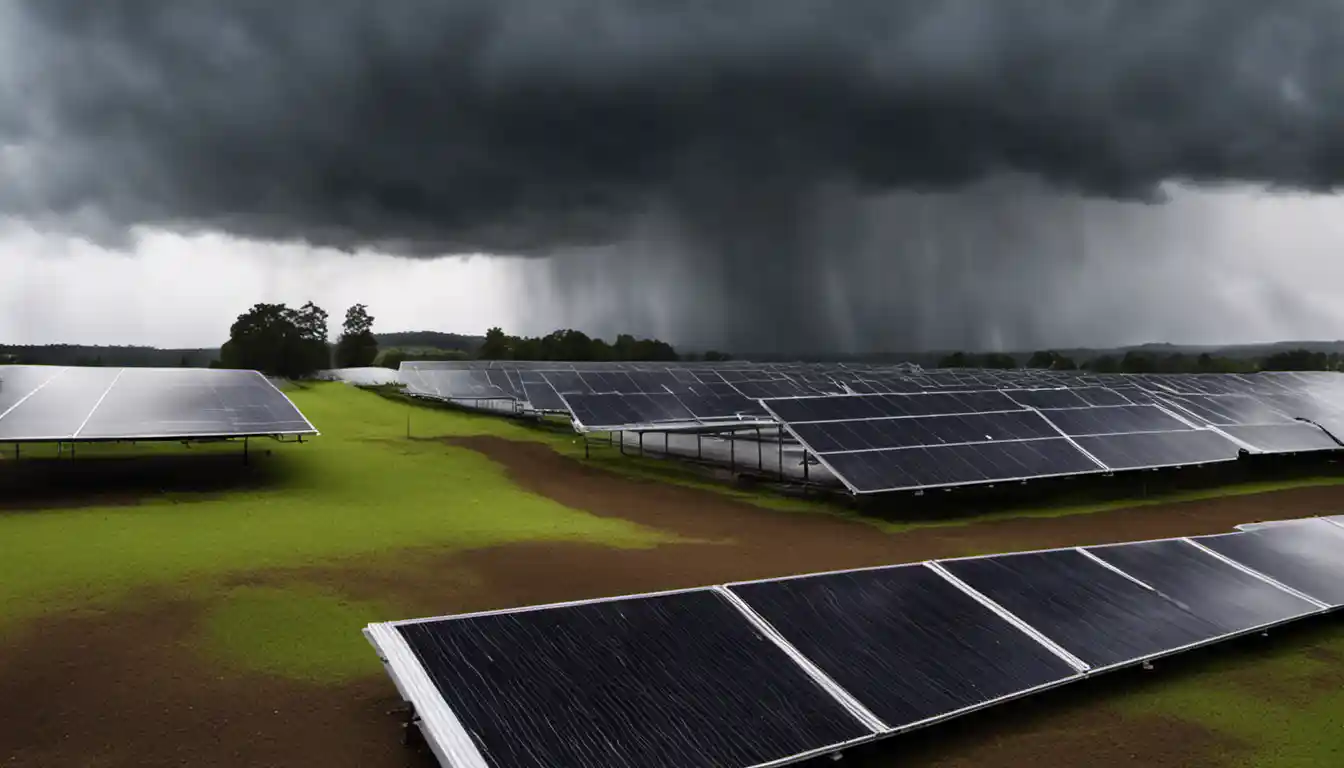Introduction to Solar Water Heating
Solar water heating provides various advantages such as reducing energy costs, being environment-friendly by reducing carbon footprints, and is sustainable as it uses the renewable energy from the sun. However, the cons include high upfront installation costs, dependency on weather conditions for constant heating, and potential difficulty in installation due to the need for ample sunlight exposure on rooftops.
What is a solar Water Heater?
A solar water heater uses solar energy, a renewable free source of energy, to heat water. It involves a process wherein a solar collector on your roof absorbs the sun’s heat and transfers it to your water tank through a circulating pump. The water is then stored in an insulated tank until needed. This method is both an eco-friendly and wallet-friendly way to generate hot water for your home. But what are the pros and cons of solar water heating?
Expounding the Benefits of Solar Water Heating
Cost Savings: How Solar Water Heating Can Reduce Your Bills
One of the significant advantages of solar water heating is the long-term cost savings. Although the initial setup costs might seem high, the savings over time are substantial because sunlight is free. Once installed, these systems can heat your water around the year, reducing your bills by as much as 60-70%.
Minimal Maintenance: The Low-Upkeep Advantage of Solar Water Heaters

Not only can they lower your energy bills, but solar water heaters also require minimal maintenance compared to conventional water heaters. Once installed correctly, they can last up to 20-25 years with occasional servicing and part replacement if necessary. To me, after two decades in solar energy, this is one of the most significant solar water heating benefits, as lower maintenance translates to less hassle for homeowners.
Going Green: The Environmental Impact of Solar Water Heating
Another crucial aspect to consider is our environment. Solar water heaters contribute to lesser greenhouse gas emissions as they lower the dependency on fossil fuels. This shift helps reduce carbon footprints and is a great way to go green and contribute to a safer environment.
Increase in Home Value: How Solar Water Heating Boosts Real Estate Worth
There is an undeniable appeal in modern, eco-friendly homes that can generate their own hot water. Homes with solar water heaters often have a higher market value compared to those without. According to studies, properties with solar heating systems may sell up to 20% faster, and their value may increase by 3-4%.
Tax Credits: Financial incentives for Opting for Solar Water Heating
To top it all, several government programs offer tax credits to households using solar power for water heating. Homeowners could get up to a 30% federal tax credit on approved models, making these solar water heaters an even more appealing investment.
Shedding Light on the Disadvantages of Solar Water Heating
Like anything else in life, along with the benefits come the drawbacks. Here are some solar water heating disadvantages to consider.
The Initial Investment: The upfront Costs of Solar Water Heaters

One of the top concerns I hear about is the initial high upfront cost. Depending on the model and installation complexity, a solar water heating system can cost significantly more than conventional systems.
Climate Dependencies: The Performance of Solar Water Heaters in Different Climates
The efficiency of solar water heaters can vary depending on your local climate. They perform exceptionally well in bright, sunny climates but can be less efficient in cooler, overcast regions. In such areas, a backup system may be required, adding to the cost.
Limitations in Use: The Specific Use Case of Solar Water Heating
Solar water heaters are excellent for heating water but don’t generate electricity for other household uses. This singular function may not be enough for homeowners looking to power their entire home with solar energy.
Roof Space: The Structural Requirements for Solar Water Heater Installation
Installing the solar heaters requires ample sunny roof space. The roof also needs to be strong enough to hold the weight of the system. Hence, this might not be the best fit for everyone’s homes.
Variable Efficiency: Lack of Performances on Cloudy and Rainy Days

Just like solar panels, solar water heaters depend on sunlight. On cloudy or rainy days, the system’s efficiency could drop, requiring an alternative source of heating.
Maintenance Costs: Possible Long-Term Expenses of Solar Water Heaters
Although generally low-maintenance, if issues do arise, solar water heater repair can be quite expensive due to the sophisticated technology used.
Weighting the Pros and Cons: Is a Solar Water Heater Worth It?
Comparing the Disadvantages and Advantages of Solar Water Heating
Weighing the pros and cons depends on several factors including your budget, where you live, and your desired level of eco-friendliness. The initial investment is high, but the long-term savings potential and positive environmental impact are substantial.
Making an Informed Decision: Key Considerations When Opting for Solar Water Heating
Ultimately, the decision to invest in a solar water heater is extremely personal. Consider these factors together with the pros and cons of solar water heating, and remember, sometimes, the greenest and most cost-effective solution isn’t always the and obvious one. But when you are aware of what you’re getting into, the benefits could be vast.
For a further detail look into “What is Solar Water Heating” visit our complete guide to have a better understanding of solar water heating systems, their installation, and maintenance.



